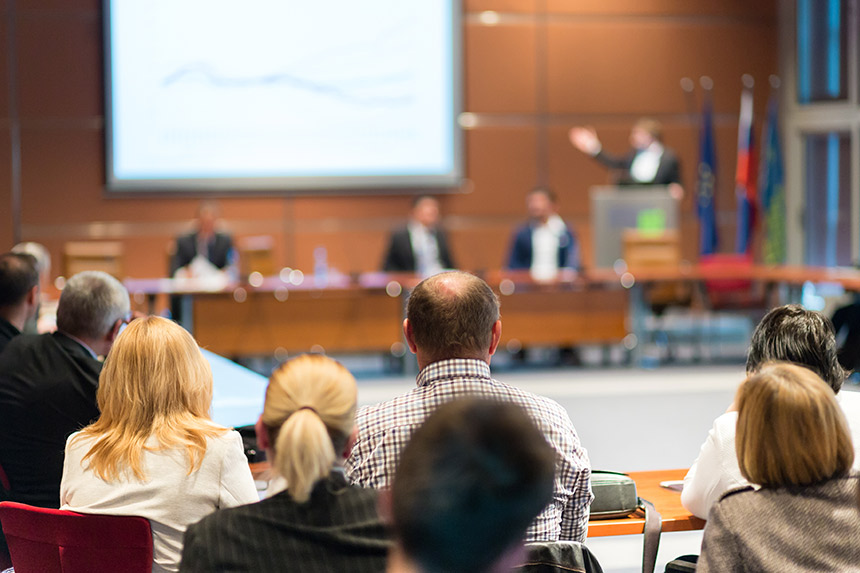Conference tips for Masters, PhD or Academic People, Attending a conference as a Master's or PhD student, or as an academic, can be a rewarding experience for networking, learning, and sharing your research. Here are some essential tips to make the most of your conference experience:
Before the Conference
1. Set Clear Goals: Determine what you want to achieve, such as networking, knowledge gathering, or presenting your research.
2. Prepare Your Presentation: If you're presenting, practice your talk multiple times. Make sure your slides are clear, visually appealing, and not overloaded with text.

3. Research the Agenda: Familiarize yourself with the schedule, including keynote speakers, panel discussions, and workshops relevant to your interests.
4. Plan Networking Opportunities: Identify key individuals you’d like to connect with, whether they are speakers, panelists, or fellow attendees.
5. Update Your Materials: Ensure your CV, business cards, and research posters (if applicable) are up to date.
6. Pack Wisely: Bring necessary materials (e.g., laptop, chargers, notebooks) and dress professionally but comfortably.
During the Conference
7. Engage Actively: Participate in discussions, ask questions during sessions, and introduce yourself to fellow attendees.
8. Network: Use breaks and social events to connect with other attendees. Don’t hesitate to start conversations or ask for feedback on your research.
9. Attend Diverse Sessions: While it’s essential to focus on your specific field, attending sessions outside your niche can provide new insights and ideas.
10. Take Notes: Jot down key points from talks and discussions. This will help you recall valuable information later.
11. Social Media: Use platforms like Twitter or LinkedIn to share insights and connect with others, using the conference hashtag to engage with a broader community.
12. Be Open to Collaboration: Be receptive to ideas and proposals from others. Conferences can lead to future research collaborations.
After the Conference
13. Follow Up: Reach out to the people you met with a friendly message or email, expressing appreciation for their insights and suggesting continued conversations.
14. Review Your Notes: Go through the notes you took during sessions to reinforce your learning and identify areas for further exploration.
15. Share Your Experience: Consider writing a blog post or sharing a summary on social media about what you learned, which can also showcase your engagement in the academic community.
16. Implement What You Learned: Think about how you can apply the knowledge or ideas gained to your research or studies.
17. Reflect on Your Goals: Assess whether you achieved your conference goals and consider what you might want to do differently for future events.
Additional Tips
- Be Mindful of Time Zones: If participating in virtual conferences, ensure you’re aware of time zone differences to avoid missing sessions.
- Balance: Give yourself some downtime to process everything you’ve learned and recharge—conferences can be overwhelming.
- Engage in Social Activities: Attend social events or dinners. Building relationships informally can be just as valuable as formal networking.
By preparing intelligently and engaging fully, you can derive significant benefits from your conference experience, advancing both your academic career and personal development.

